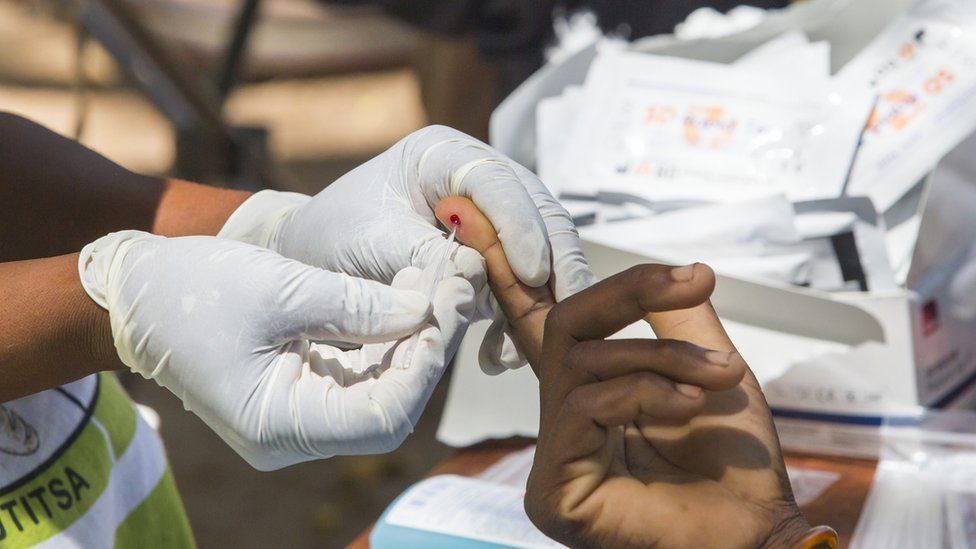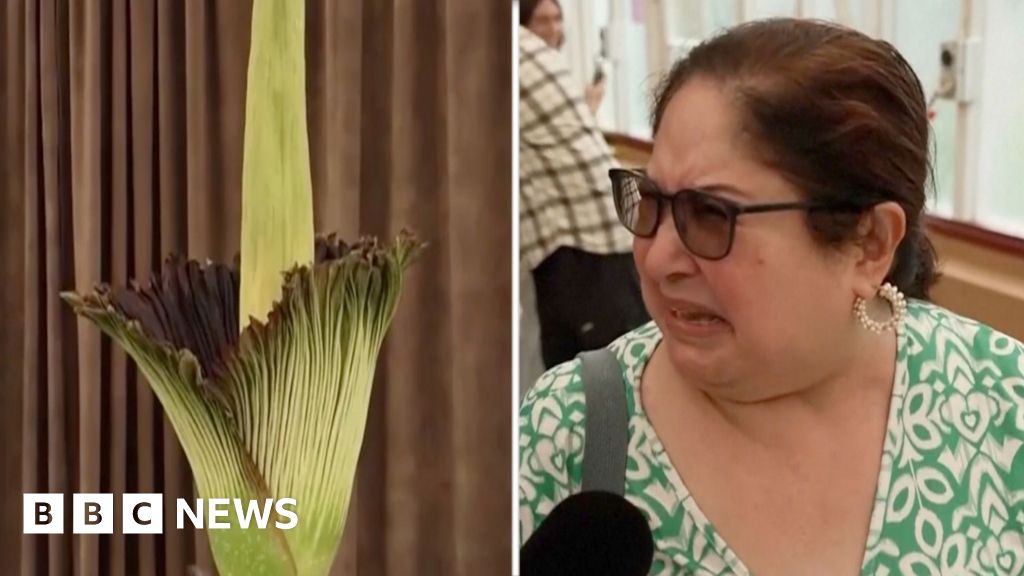ARTICLE AD BOX
 Image source, Getty Images
Image source, Getty Images
By Dorcas Wangira
Africa health correspondent, BBC News, Nairobi
A sub-Saharan African nation has been declared malaria-free for the first time in 50 years.
Cape Verde was given the status by the World Health Organization (WHO) as it has not reported a single case of local transmission in three years.
Experts have described this as a major achievement.
Malaria is a huge killer on the continent. In 2022, 580,000 people in Africa died from the disease, amounting to 95% of fatalities worldwide.
The disease is caused by a complex parasite which is spread by mosquito bites.
Vaccines are now being used in some places but monitoring the disease and avoiding mosquito bites are the most effective ways to prevent malaria.
Cape Verde, a small island nation off the coast of West Africa, has taken years to reach this point by strengthening its health systems and increasing access to diagnosis and treatment of all cases.
Surveillance officers have been detecting cases early, as well as controlling mosquitoes.
Cape Verde's plan for malaria control has also ensured free care and diagnostic services for international travellers and migrants, with the aim of stemming the tide of cases imported from mainland Africa.
"This success reflects the hard work and dedication of countless health professionals, collaborators, communities and international partners. It is a testimony to what can be achieved through collective commitment to improving public health," Cape Verde's Health Minister Dr Filomena Gonçalves told the BBC.
Dr Dorothy Achu Fosah, from the WHO Africa office, added that her organisation was "excited and pleased" with the results and the fact that malaria was "kicked out" from the country.
Health experts say Cape Verde's achievement sets a big example for other small countries on the continent, showing that containment and elimination policies can work.
Malaria was once detected on all of Cape Verde's nine inhabited islands, but in recent years could only be found on one, Sáo Tiago - where the final efforts were concentrated.
The WHO's Dr Achu said the fact that the country is an archipelago is also an important factor in its success.
On an island, it is easier to map out the areas most affected by the disease and see how it is being transferred from one island to another, compared to a continuous land mass.
In badly affected countries such as Nigeria, Tanzania and the Democratic Republic of Congo, there is a highly mobile population regularly crossing borders, making it difficult for one country to eradicate the disease on its own.
Cape Verde's success "gives us hope that with existing tools, as well as new ones including vaccines, we can dare to dream of a malaria-free world", WHO Director General Dr Tedros Adhanom Ghebreyesus said.
The last country in sub-Saharan Africa to be declared malaria-free was the island nation of Mauritius in 1973. Algeria, in North Africa, achieved this status in 2019.

 1 year ago
19
1 year ago
19








 English (US) ·
English (US) ·